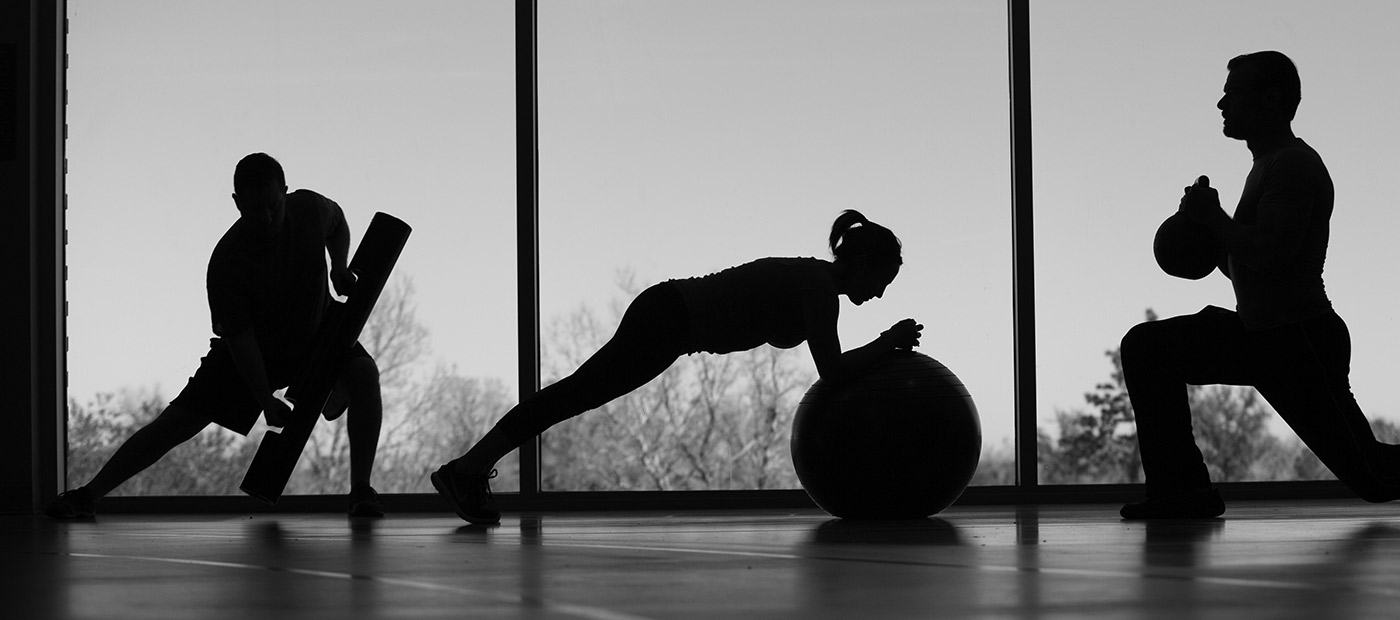
Despite the mushrooming of gyms and fitness centres as well as the growing popularity of fitness apps and virtual gyms, most Indians do not find time to exercise and lack the discipline to stay fit, reveals a study by Gympik, a health and fitness aggregator based out of Bengaluru.
Gympik conducted the market research – Weighing up Fitness“ in Delhi, Bengaluru, Mumbai and Hyderabad to find out the current fitness trends and habits amongst Indians.

As part of the study, Gympik developed a fitness health index by taking into account five factors, namely regularity, diet, health consciousness, stress levels and gym membership availed by the respondents.
Bengaluru topped this index with a Fitness Health Score (FHS) of 5.5, while Delhi (4.7) came in second and Mumbai (4.5) third, followed by Hyderabad (4.3).
According to the study, 53 per cent of the respondents said that they lacked the discipline to stay fit. The findings are based on the responses of 1.06 million people, mainly in the age group of 20-35 years.

The study also found that 52 per cent Indians do not find time to exercise, while 36 per cent lack the motivation to join a fitness centre. In fact, 14 per cent claimed to be absolutely clueless about where to begin their fitness journey from.
Commenting on the research, Amaresh Ojha, Founder and CEO, Gympik, said, In India, the top fitness players barely constitute 15 per cent of the market share as compared to that of Japan and Singapore where 40 per cent market share is covered by the top five players. Theres massive scope for consolidation in the organised fitness sector in India.
Currently, the retail market for fitness in India is valued at Rs 4,579 crore ($0.76 billion). It is expected to cross the Rs 7,000 crore mark by the end of 2017.
Besides exploring the current fitness trends across age groups and occupations in differentIndian cities, we were also looking to investigate if there was any significant correlation between stress levels, age, consciousness levels, and regularity of physical exercise, said Ojha.
While the study found no correlation between ones age and his/her consciousness vis- -vis health and fitness, it established a direct relationship between how conscious one was about his/her health and the regularity of exercise.
When it came to stress levels, marital status made for an interesting differentiator. The study found an inverse relationship between age and stress among the married respondents – higher the age, lesser the stress; for single respondents, as the age increased, so did the stress levels.
The research further revealed that although 30 per cent of the respondents currently have a gym or fitness centre membership, only 11 per cent have been regular for more than six months.
Be a part of Elets Collaborative Initiatives. Join Us for Upcoming Events and explore business opportunities. Like us on Facebook , connect with us on LinkedIn and follow us on Twitter , Instagram.












